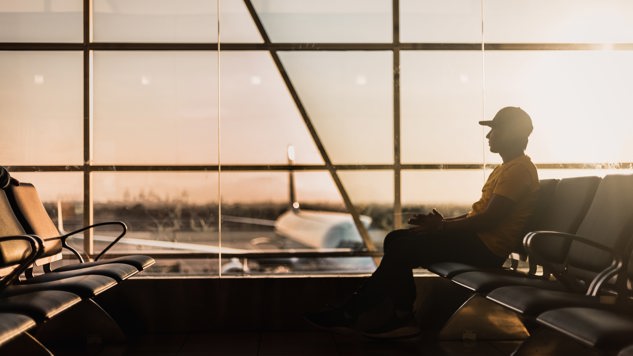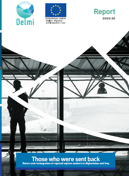Delmi's first study on return shows that less than half of those who are denied asylum and are required by law to leave the EU return to their country of origin. Questions about how states should deal with irregular migrants have been prioritized on the political agenda and creating a change from deportation through coercive measures to voluntary and sustainable return is a sought-after goal.
The purpose of the AMIF-funded project has been to examine returnees' subjective experiences of the asylum and return process, their access to information on the support provided and the opportunities and challenges for reintegration. 100 interviews were conducted in Afghanistan and Iraq in 2020 with people who have had their asylum applications rejected or for other reasons decided to return to their country of origin. Is it possible to talk about sustainable return and reintegration? What factors affect migration to Sweden and reintegration in the country of origin?
The report, Those who were sent back: Return and reintegration of rejected asylum seekers to Afghanistan and Iraq (2021:10), is written by Henrik Malm Lindberg, associate professor of economic history, Constanza Vera-Larrucea, PHD in political science and André Asplund, PHD in international relations, all working as Research Coordinators at the Migration Studies Delegation.
Picture by Marco Lopez from Unsplash.

